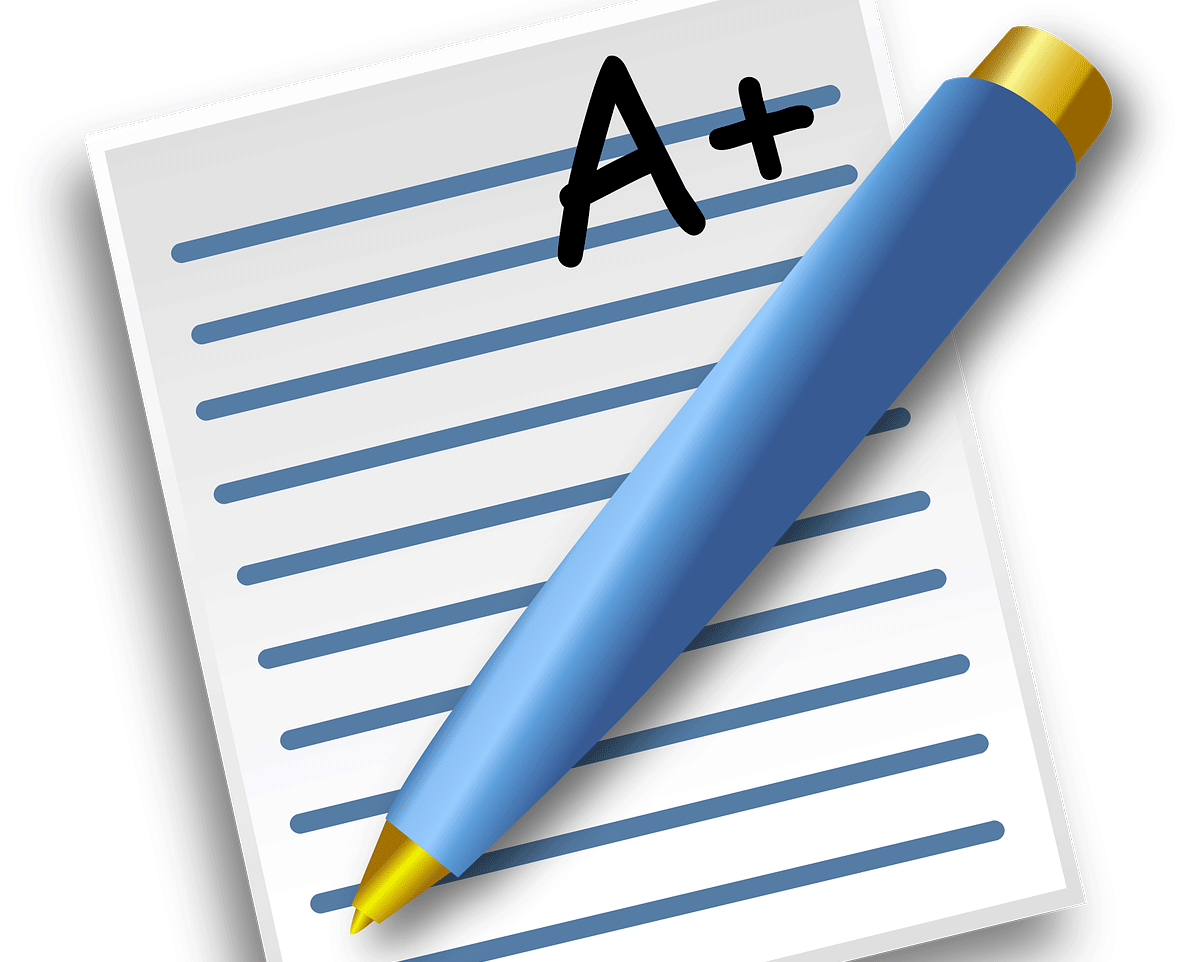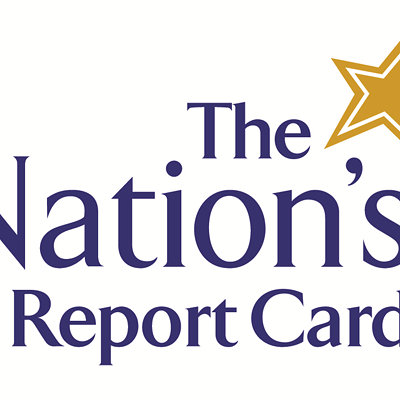Friday, March 20, 2015
What Will We Tell the Children? Nogales Unified School District Edition
Cheating on high stakes tests, or at least evidence of possible cheating, has reared its ugly head once again, this time at Wade Carpenter Middle School in the Nogales Unified School District. And once again, the validity of high stakes test scores as a measure of student achievement and school success has been thrown into question.
An analysis of eraser marks on AIMS tests at Wade Carpenter Middle School showed wrong answers had been corrected three or more times on 23 percent of seventh grade reading evaluations. Eighteen percent of math tests had four or more corrections. By comparison, just .006 percent of children statewide successfully change wrong answers this frequently.If anyone cheated on the tests, it was teachers and/or administrators who were doing the erase-and-replace, not students. Patterns of wrong-to-right erasures on these tests usually mean someone other than the students went back and changed the answers. And it's possible this isn't a one shot deal at the school. It may have been going on since 2010.
Is this a problem at one Nogales school, or is it more widespread? No one knows at this point, and the only way to find out is to conduct a full scale, district-wide inquiry where multiple investigators interview teachers and administrators over and over again to see if they can uncover evidence of cheating. That's how the widespread Atlanta cheating scandal was uncovered. The staff repeatedly denied cheating until relentless inquiries led someone to admit the truth. The result has been high profile court trials of teachers and administrators. No other school district has been investigated as thoroughly, though based on an extensive study of erasure patterns at schools across the country, it's probable this kind of thing has happened elsewhere. No telling how hard the Nogales school district will look for more signs of cheating, though the superintendent has promised to have someone outside the district perform an investigation and is asking that people come forward with any information they might have.
Nogales Unified has defied the odds and received B and A grades from the state in spite of its high percentage of poor and ELL students. It has been cited as a model for what schools serving kids from poor families can accomplish, and the district has bragged that WCMS is the top Title 1 school in the country. It looks like we have a case of "cheating repeating itself." The Atlanta school district was named one of the finest in the country based on its test scores before the cheating scandal broke.
So, one high-ranked Arizona school got caught cheating, or probably cheating—we don't know for sure. Chances are it's not alone. A 2011 investigation by the Arizona Republic and USA Today indicated similar problems in other districts, though Tom Horne, who was Superintendent of Public Instruction when the study was conducted, brushed it off, as did John Huppenthal. Neither took a deeper look at the potential problems.
And remember, erase-and-replace cheating is the most blatant way to boost student scores, but there are many others ranging from out-and-out cheating to mildly unethically behavior to perfectly acceptable teaching strategies. Teachers may make direct or indirect suggestions to students while they're taking the tests. They may leave "helpful hints" posters on the walls or information on the blackboard. And of course, they're encouraged to teach to the test relentlessly in the hope that their students' test taking skills will exceed their actual abilities in reading, writing and math. If there's a way to raise student scores, you can bet it's been tried repeatedly.
Treatng these tests as accurate and reliable indicators of student achievement is an exercise in naiveté, and the tests are a recipe for corrupting otherwise honest teachers and administrators who manipulate student scores, sometimes out of fear for their reputations and their jobs, sometimes in a misguided attempt to "help" their students.
Tags: High stakes tests , Cheating , Wade Carpenter Middle School , Nogales Unified School District , Tom Horne , John Huppenthal














